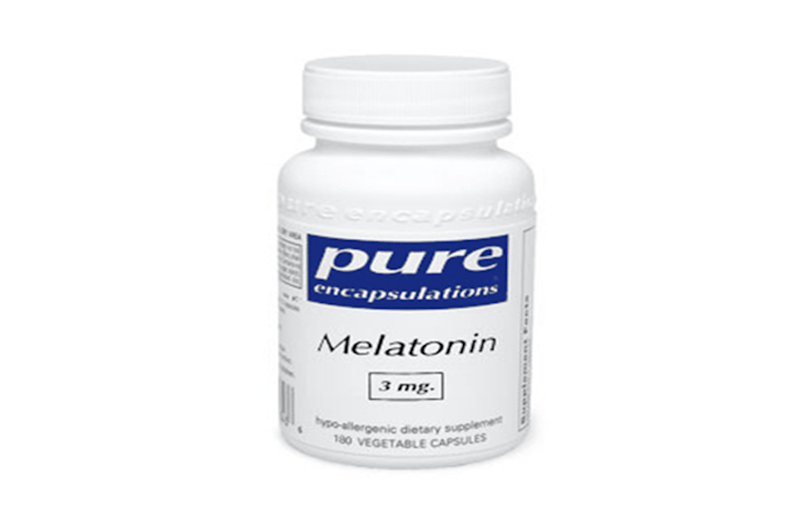
Insomnia – or an inability to fall asleep and/or stay asleep – is being recognized by the Centers for Disease Control and Prevention as a major public health concern. It’s estimated that a whopping 50 to 70 million Americans have some type of sleep difficulty.
Not getting enough sleep doesn’t just leave you feeling worn down and cranky, it’s also been linked to an increase in car accidents, industrial disasters, and medical/work errors. Aside from that, research shows that adults with a history of insomnia are almost four times as likely to become depressed and have an increased risk of obesity and heart disease.
There are plenty of commercials toting prescriptions to help you get those Zs, but these medications are not without side effects, and in most cases, you have to make sure that you have at least an 8 hour window for sleep or you’ll be left feeling groggy and “out of it”. Some of these prescription medications can also be habit-forming, meaning that even if they do work, your body becomes so used to them that you’ll have an increasingly difficult time falling asleep without them.
So what do you do if you can’t sleep? We’re huge proponents of melatonin – an all-natural supplement that mimics the hormonal sleep response of the body.
What is Melatonin?
Melatonin is a hormone produced in the pineal gland – a part of your brain – from the neurotransmitter serotonin. This hormone plays a key role in regulating your circadian rhythm, your body’s natural 24 hour cycle. Your body relies on its circadian rhythm to tell it when it’s time to wake up and go to sleep. If your circadian rhythm is off, your whole day will be off. You’ll have trouble waking up, you’ll have trouble falling asleep, and even when you do sleep, you may toss and turn throughout the whole thing – never fully experiencing that restorative REM sleep that’s so necessary for proper functioning. When it’s dark out, your body’s secretion of melatonin increases. When it’s light out, melatonin drops. This is the basis of your circadian rhythm.
Back in the day, the body was great at controlling its circadian rhythm. Humans didn’t have technology so they woke up when the sun rose and went to bed when the sun went down and there was no light left to see. Nowadays, with so much technology – lights, televisions, computers, and smartphones – the body has no idea what’s going on. It’s exposed to light at all hours of the night, and as a result, the circadian rhythm goes out of whack. Melatonin stays low at night when it should be high and then you can’t sleep. Melatonin supplements provide your body with the melatonin it needs at night.
Other Benefits of Melatonin
Melatonin isn’t just helpful for insomnia, though. Research shows that the best way to reduce the effects of jet lag is to take 5 milligrams of melatonin in your new destination for a total of 5 days.
How Should I Take Melatonin?
Although melatonin supplements are all-natural, you should still exercise caution when taking them. Take the supplement exactly as recommended by your doctor – do not take larger or smaller quantities or for longer than recommended. Typically, experts recommend taking the supplement 30 minutes to 1 hour before bedtime.
Who Should Avoid Taking Melatonin?
Melatonin may be contraindicated for those with:
- Depression
- Seasonal affective disorder
- Schizophrenia
- Autoimmune disease
- Asthma
Or those taking:
- MAO inhibitors
- Corticosteroids
Disclaimer: These statements have not been evaluated by the Food and Drug Administration. This product is not intended to diagnose, treat, cure, or prevent any disease.

